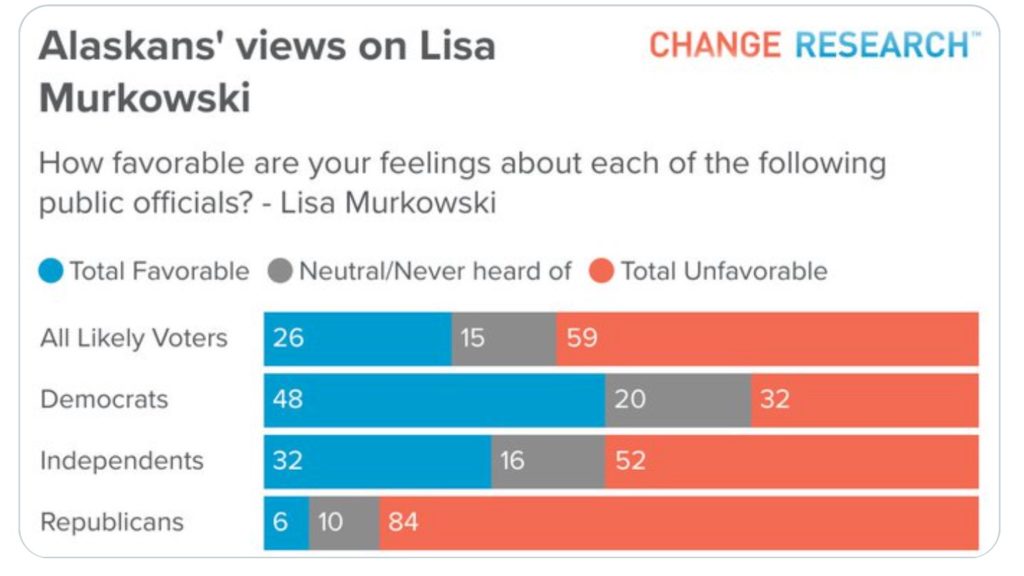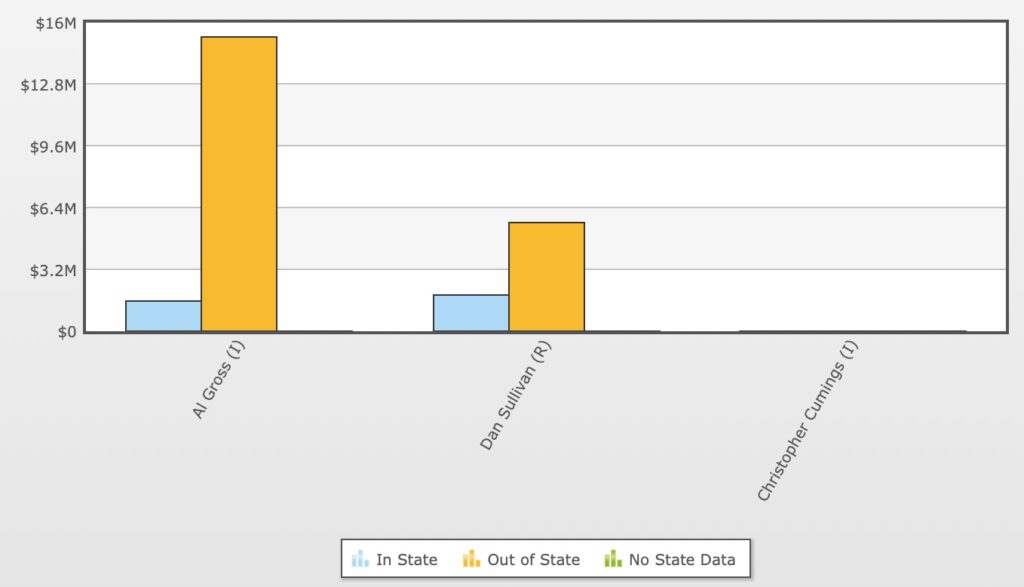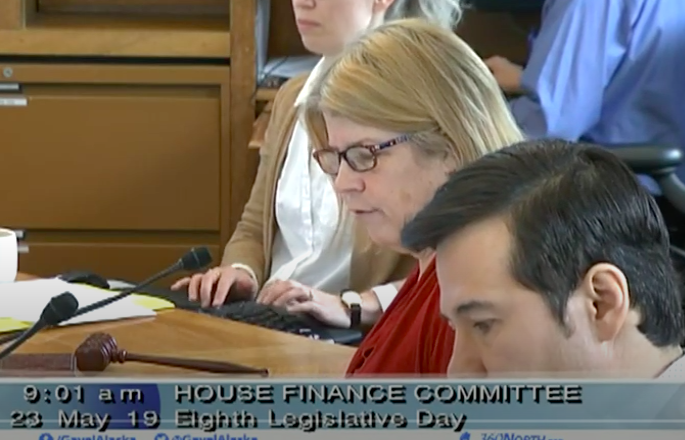An ordinance considered by the Anchorage Assembly to update the definition of “abuse of a child or vulnerable adult” lowers the threshold for prosecution of some child abuse crimes, and also makes harassment something broadly defined and easier to prosecute.
Whereas now, an adult could be prosecuted for intentionally, knowingly, or recklessly allowing a child to become injured or tortured, the new language says the threshold refers simply to “recklessly,” which supposedly includes the higher levels of “intention” and “knowing,” but allows a jury to focus on just one thing: Did the parent act recklessly?
The desire for the ordinance change came as a result of an egregious case where a mother had subjected her son to cruel punishment, and videotaped it so she could be on the Dr. Phil Show for a segment pertaining to angry moms.
“Beagley was prosecuted for this offense after the ‘Dr. Phil’ television show aired a video that Beagley submitted to the show. In this video, Beagley is seen punishing her seven-year- old son in two ways. First, Beagley made her son drink hot sauce and hold the sauce in his mouth while Beagley yelled at him. Following this, Beagley ordered her son to take off all of his clothes; she then forced him to stand under a cold shower,” the summary of the case revealed.
Read: Jessica Beagley vs. Municipality of Anchorage
Municipal Attorney Kate Vogel wrote that it’s doubtful that her office would prosecute a parent for an injury that occurred on the playground, even if it could be argued that the parent exposed the child recklessly to harm.
“This change makes the language of the ordinance cleaner. It also focuses a jury’s deliberation on whether a defendant has met the ‘reckless’ standard which would result in conviction,” she wrote.
“Experience with jury trials tells us that additional higher levels of intent in code can distract the jury from the lower intent standard upon which they must focus. If a jury is focused on the fact that an act was not intentional, they are more likely to minimize the lower requisite level of intent of recklessness when determining guilt,” Vogel wrote.
“An example would be a parent failing to properly supervise a child playing on a playground who then falls and hurts themselves. This would be negligently permitting injury, yet it would likely not be charged by our office,” the city attorney wrote.
But “likely not be charged” is a pretty big legal loophole for some citizens, who critiqued the change.
Louis Imbriani, a member of the public speaking to the Assembly against the ordinance, said that the change doesn’t clear up the matter, if, as the municipality says, a child injury on a playground can still be seen as a result of a reckless parent not properly supervising the child.
“Looking at this at face value, it is not very clear,” he said. For someone like Imbriani, who works with youth hockey as an official and could be a “mandatory reporter” of potential abuse, “I feel that this could muddy the water and prevent people from reporting crimes in the future.”
Jennifer Anderson, an Anchorage parent, also raised concerns: “I will not raise my daughter wrapped in bubble wrap. The intent as laid out in the memo is to lower the difficulty for the prosecutors. I think we are innocent until we are proven guilty. When we remove the words ‘intent,’ when we remove the words ‘knowingly,’ you have just turned me into a criminal if I allow my daughter to walk down to the park on her own, as an exercise in judgment, growth, and development, so that she can become a responsible human by having an opportunity to make mistakes. I’m not being negligent.”
Anderson also objected to the new definition, “reckless disregard for any annoying effect.” She then took out a pair of binoculars and looked through them at the Assembly for a moment.
“There are some people who would be annoyed by those,” she said, referring apparently to Municipal Clerk Barbara Jones, who had objected to election observers bringing binoculars into the ballot counting area during the recent election. “Have I just committed a crime? Perhaps I have, according to this.”
The ordinance updates harassment by changing the level of intent from “intent to harass or annoy” to “reckless disregard for any harassing or annoying effect.” It shifts the focus to the feelings of the victim of the harassment, but leaves a wide loophole for someone to say he was harassed for anything he finds offensive.
Dr. Michael Savitt, a pediatrician, who has testified in child abuse cases as an expert witness, said he has seen every kind of abuse there is.
“I have seen things you don’t want to see in your worst nightmares. I have seen every kind of abuse that there is: physical, sexual, emotional, and neglect,” he said.
“As I read this ordinance, I find it absolutely unnecessary. The laws are on the books to punish those who need to be punished. The prosecutors are more than able to make a case based on the examination of the child and interrogation of those involved,” Savitt said.
“We take this very seriously. What I find more than anything else here is there is going to be a government intervention between parent and child. I will tell you there are children who will say ‘You won’t let me go do this, well I am going to report you.’ This has happened. I’ve seen this happen already,” he said, also describing cases where neighbors wrongfully report on parents as a way to get even with them for something.
Assemblywoman Meg Zaletel said that people were reading the ordinance wrong and were stretching in their arguments about how the ordinance would be applied.
Assemblyman Kameron Perez-Verdia said the Department of Law had done a “really good job with this.”
Municipal Attorney Kate Vogel said the public testimony was full of “misinformation.”
Later in the evening, Dr. Savitt pushed back on what Vogel called “misinformation.”
“That is telling you that everyone who spoke here is a liar,” Savitt. said. “I for one am tired of being insulted because we disagree.”
The ordinance was postponed until June 22.











